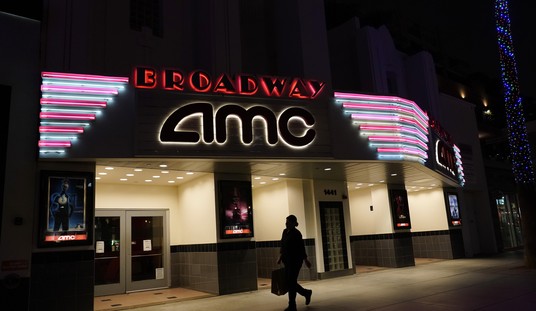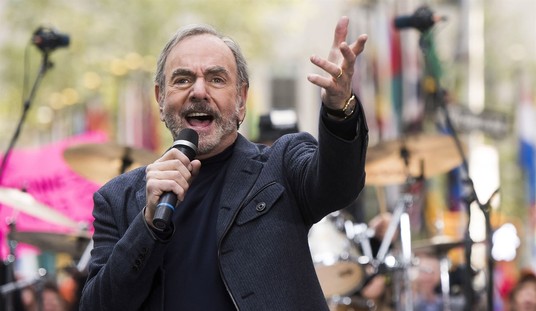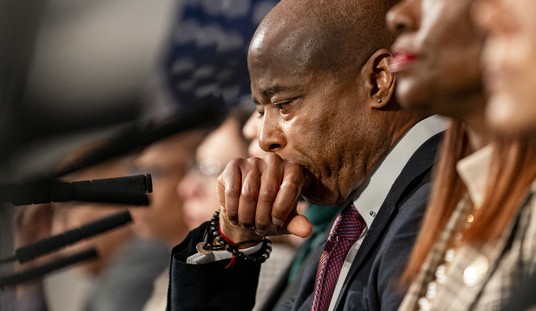The Wall Street Journal looks at the public option in relation to one state’s experience with it — and the disatrous results it achieved. Maine established its DirigoCare system in 2003, fueled initially by federal stimulus dollars, with its future funding planned from health-care cost savings with universal coverage and mandates for level premiums and elimination of pre-existing condition denial. The result? The disaster that anyone with a lick of economic sense could have predicted:
Over time, the plan was to be “paid for by savings in the health-care system.” This is precisely the promise of ObamaCare. Maine saved by squeezing payments to hospitals and physicians.
The program flew off track fast. At its peak in 2006, only about 15,000 people had enrolled in the DirigoChoice program. That number has dropped to below 10,000, according to the state’s own reporting. About two-thirds of those who enrolled already had insurance, which they dropped in favor of the public option and its subsidies. Instead of 128,000 uninsured in the program today, the actual number is just 3,400. Despite the giant expansions in Maine’s Medicaid program and the new, subsidized public choice option, the number of uninsured in the state today is only slightly lower that in 2004 when the program began.
Why did this happen? Among the biggest reasons is a severe adverse selection problem: The sickest, most expensive patients crowded into DirigoChoice, unbalancing its insurance pool and raising costs. That made it unattractive for healthier and lower-risk enrollees. And as a result, few low-income Mainers have been able to afford the premiums, even at subsidized rates.
Who pays most for all of these mandates? The insured:
The Maine Heritage Policy Center, which has tracked the plan closely, points out that largely because of these insurance rules, a healthy male in Maine who is 30 and single pays a monthly premium of $762 in the individual market; next door in New Hampshire he pays $222 a month. The Granite State doesn’t have community rating and guaranteed issue.
The plan was supposed to be funded without taxes, as planners envisioned bucketloads of savings from granting universal coverage. Not only did the universal coverage fail to materialize — mostly because people simply chose not to participate — but Maine broke its promise after four years and proposed sin taxes to cover a large budget deficit. When voters rejected it, the state imposed a tax on employer-provided health insurance. Ironically, because Maine has to balance its budget, they have now restricted enrollment in DirigoCare, which has a waiting list for people to join.
Dirigo, by the way, is the Maine state motto, which means “I lead”. Indeed it did, on the public option, where it has demonstrated what a disaster it would be for the nation to adopt.
Update: Jazz Shaw looks at HR2520, the Republican proposal for health-care reform, which has drawn no attention at all. It won’t fly, he says, because it makes far too much sense.








Join the conversation as a VIP Member